Get The Scoop: What Does ‘accessory After The Fact’ Really Mean In Simple Terms?
Unveiling the Mystery Behind ‘Accessory After the Fact’
Have you ever heard the term ‘accessory after the fact’ and wondered what it really means? This legal jargon can be confusing, but fear not! We’re here to decode this mystery and give you a closer look at what it entails.

Image Source: slideplayer.com
So, what exactly is an accessory after the fact? In simple terms, an accessory after the fact is someone who helps a criminal avoid punishment or capture after they have committed a crime. This could involve hiding the criminal, providing them with transportation, or even helping them create a false alibi. Essentially, an accessory after the fact is someone who aids and abets a criminal in evading justice.
But why would someone choose to become an accessory after the fact? There could be a variety of reasons. They may have a personal connection to the criminal and feel a sense of loyalty or obligation to help them. They could also be motivated by fear of retaliation if they don’t assist the criminal. In some cases, the accessory after the fact may even be unaware of the severity of the crime committed by the criminal they are helping.
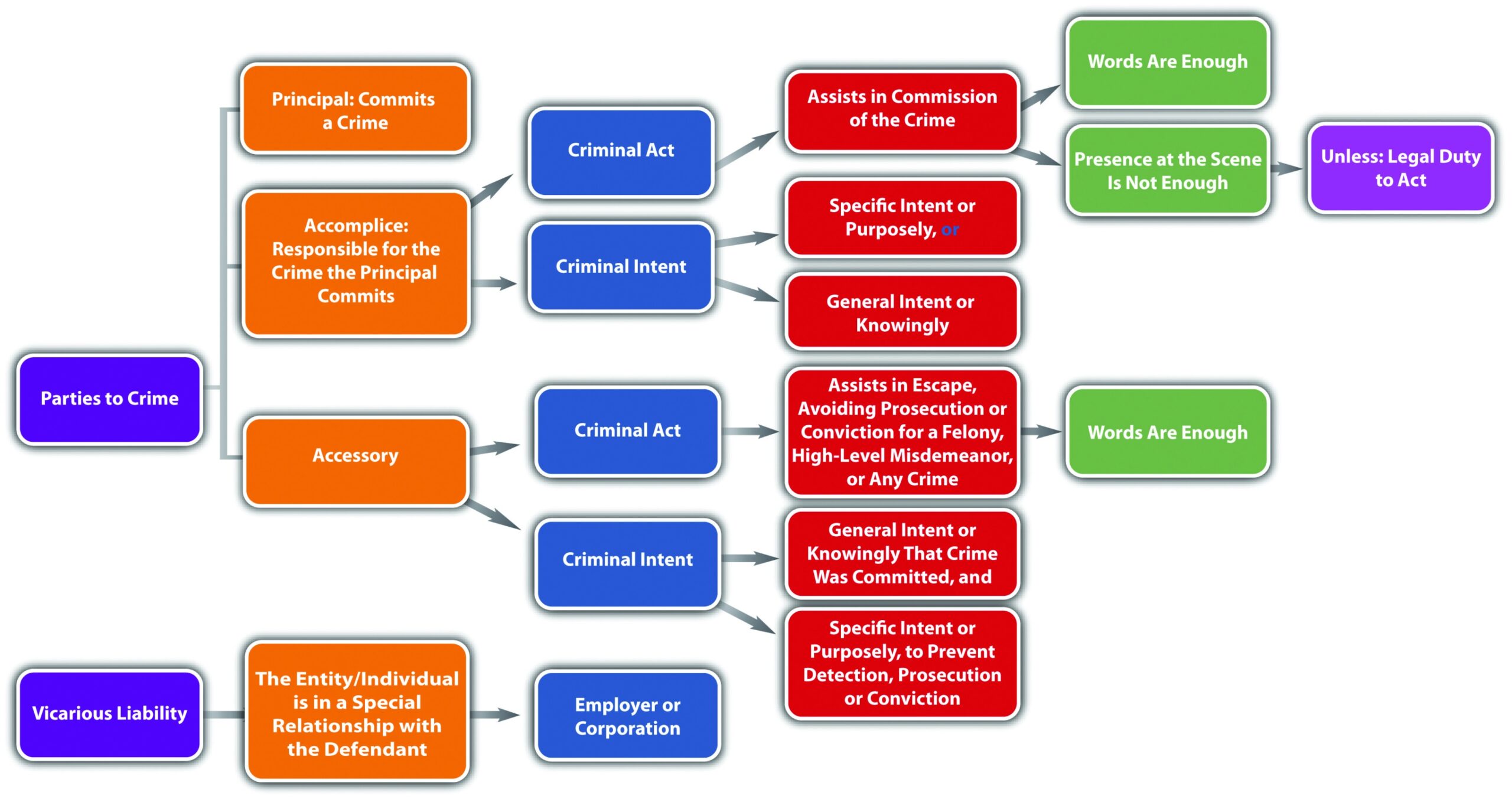
Image Source: amazonaws.com
It’s important to note that being an accessory after the fact is a serious offense in the eyes of the law. While they may not have committed the actual crime, Accessories after the fact are still considered criminals themselves. They can face severe consequences, including fines and imprisonment, for their actions.
So, how can you avoid becoming an accessory after the fact? The best course of action is simple: if you become aware that someone has committed a crime, do not help them evade justice. Instead, report the crime to the authorities and let the legal system take its course. By doing so, you can ensure that you do not become entangled in criminal activity and face potential repercussions yourself.
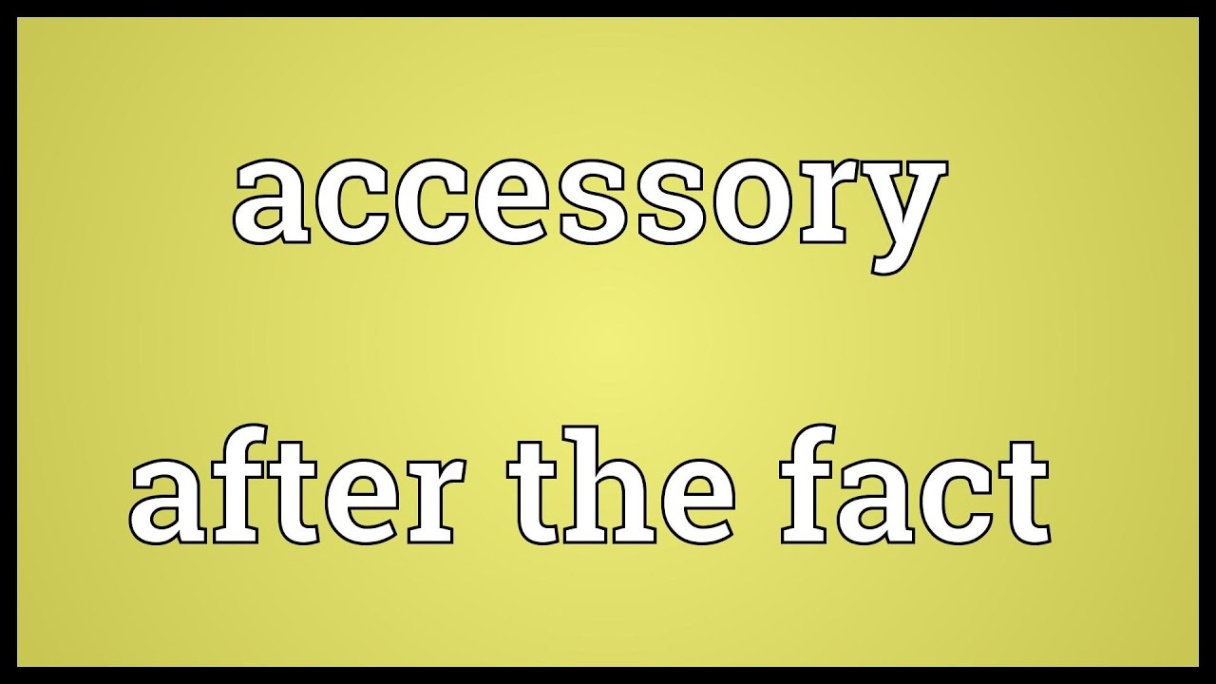
Image Source: ytimg.com
In conclusion, ‘accessory after the fact’ is a term that refers to someone who assists a criminal in avoiding punishment or capture after committing a crime. It is a serious offense in the eyes of the law and can result in severe consequences for those involved. By understanding the implications of this term and choosing not to aid criminals in evading justice, we can all play a role in upholding the principles of law and order in our society.
Decode the Legal Jargon: Understanding ‘Accessory After the Fact’
Have you ever watched a crime drama on TV and heard the term ‘accessory after the fact’ being thrown around? It may sound like a complex legal term, but in simple terms, it’s not as mysterious as it seems. Let’s dive into what this term really means and how it applies in the legal world.
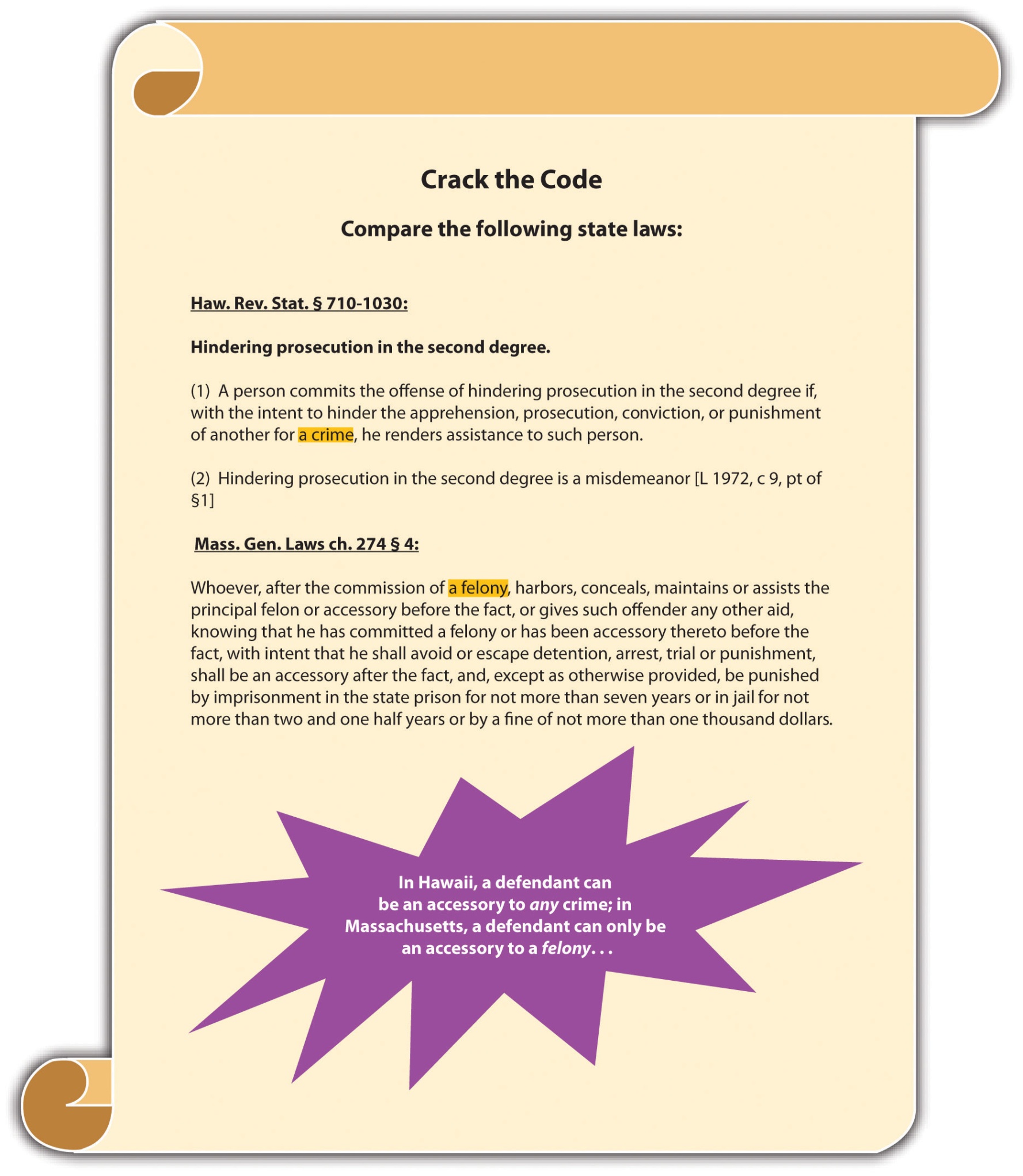
Image Source: amazonaws.com
In the world of law, being an accessory after the fact means that you have helped someone who has committed a crime, knowing that they have done so, and you are trying to help them avoid being caught or punished. Essentially, you are aiding and abetting a criminal after the crime has already been committed.
To put it in a more relatable context, imagine if your friend robbed a bank and came to you for help in hiding the stolen money. If you agreed to help them and allowed them to stay at your house while they laid low from the authorities, you would be considered an accessory after the fact.
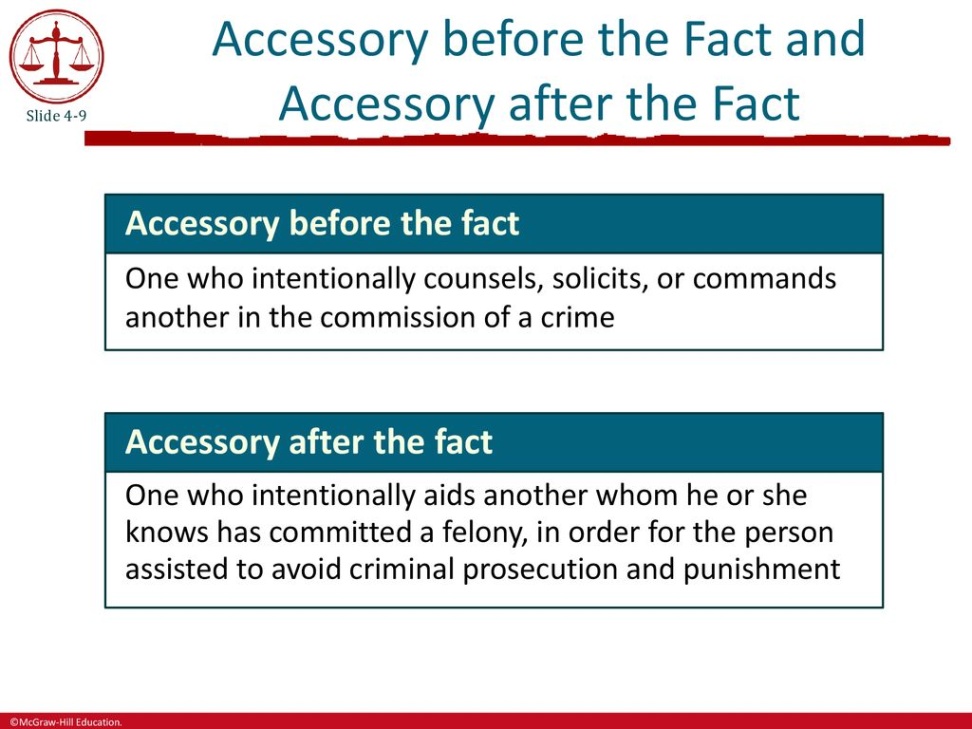
Image Source: slideplayer.com
But why would someone choose to become an accessory after the fact? There could be various reasons, such as loyalty to a friend or family member, fear of retaliation if they don’t help, or even a misguided sense of moral obligation. Regardless of the reasons, it is important to remember that aiding a criminal in any way is illegal and can have serious consequences.
In the eyes of the law, being an accessory after the fact is considered a criminal offense. While the punishment for this crime may vary depending on the severity of the original crime and the level of involvement of the accessory, it can result in fines, probation, or even jail time.
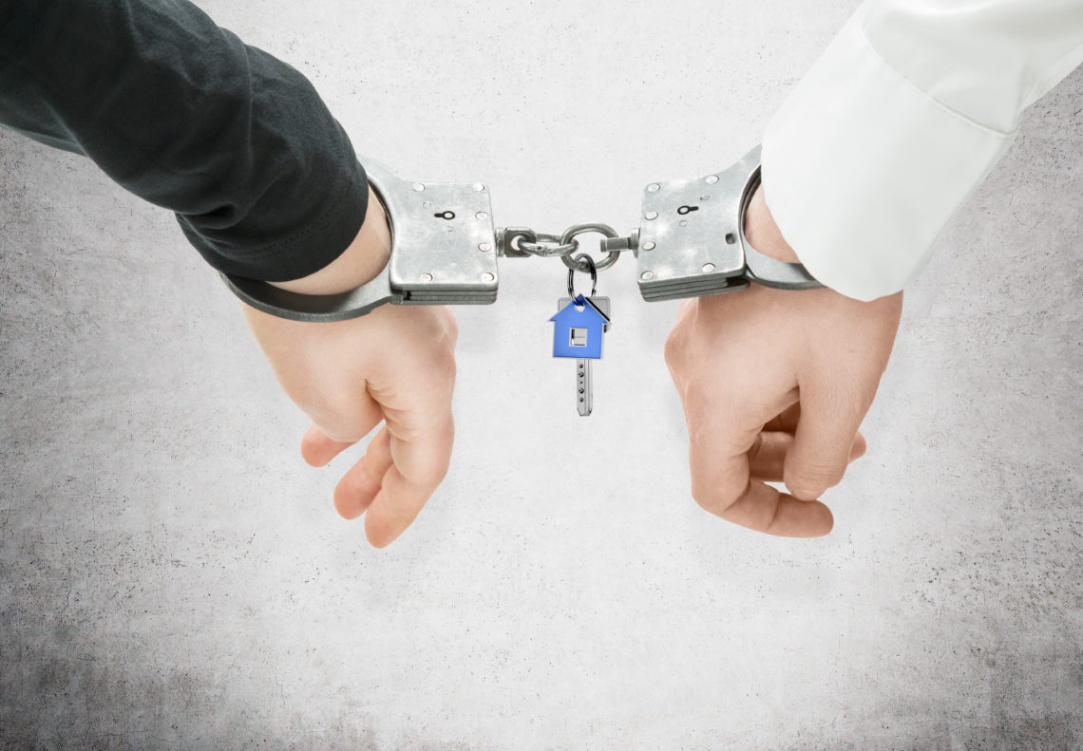
Image Source: iecriminaldefense.com
It’s important to note that being an accessory after the fact is different from being an accomplice to a crime. An accomplice is someone who actively participates in the planning or commission of a crime, while an accessory after the fact comes into the picture after the crime has already been committed.
So, how can you avoid being caught up in the web of being an accessory after the fact? The simplest answer is to not aid or protect someone who has committed a crime. If you find yourself in a situation where someone has asked for your help in covering up their wrongdoing, it’s best to distance yourself and report the crime to the authorities.
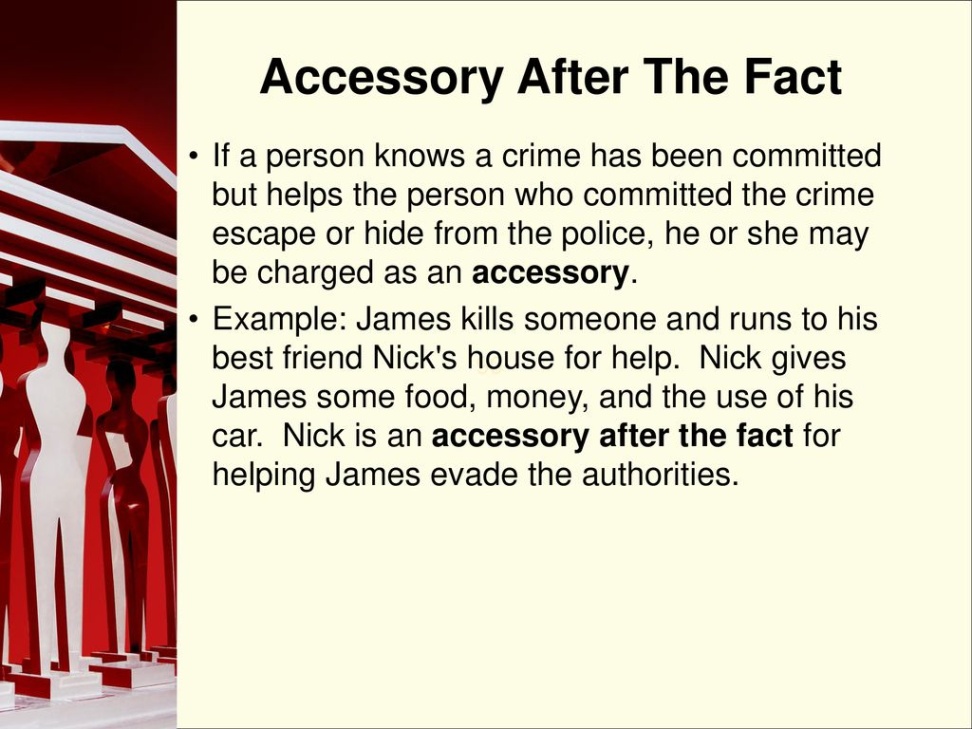
Image Source: slideplayer.com
In conclusion, ‘accessory after the fact’ may sound like a fancy legal term, but at its core, it simply means aiding a criminal in evading justice. By understanding the implications of this crime and choosing to do the right thing, you can avoid becoming entangled in a legal mess. So, the next time you hear this term on your favorite crime show, you’ll know exactly what it means and why it’s important to steer clear of it.
A Closer Look at the Term
Have you ever heard the term accessory after the fact and wondered what it really means in simple terms? Well, you’re not alone. This legal jargon can be quite confusing for those who are not well-versed in the intricacies of the law. But fear not, we’re here to break it down for you in a way that’s easy to understand.
In basic terms, an accessory after the fact is someone who helps a person who has committed a crime in some way, after the crime has already been committed. This assistance can come in many forms, such as helping the criminal evade capture, providing them with shelter or transportation, or even just giving them moral support.
But why would someone choose to become an accessory after the fact? There are many reasons why someone might decide to help a criminal in this way. It could be out of loyalty to a friend or family member, a desire for revenge against the victim, or even just a misguided sense of loyalty to the criminal themselves.
However, it’s important to note that being an accessory after the fact is still considered a crime in the eyes of the law. Even if you did not actually commit the crime yourself, you can still be held accountable for aiding and abetting the criminal in some way. This means that you could face serious legal consequences if you are found to be an accessory after the fact.
So, how can you avoid becoming an accessory after the fact? The simplest answer is to avoid getting involved in criminal activities in the first place. If you find yourself in a situation where someone you know has committed a crime, it’s best to report it to the authorities rather than trying to cover it up or help the criminal in any way.
In conclusion, being an accessory after the fact is a serious offense that can have severe repercussions. It’s important to understand the consequences of your actions and make the right choices when faced with a situation where someone you know has committed a crime. Remember, it’s always better to do the right thing and report the crime rather than risk becoming involved in illegal activities yourself. Stay informed, stay safe, and always choose the path of honesty and integrity.
Simplifying ‘Accessory After the Fact’
Have you ever heard the term ‘Accessory After the Fact’ and wondered what it really means in simple terms? Well, you’re not alone! This legal jargon can be quite confusing for those who are not familiar with the ins and outs of the justice system. But fear not, because we are here to break it down for you in a way that is easy to understand.
So, what exactly is an ‘Accessory After the Fact’? In simple terms, it refers to someone who helps a person who has committed a crime, after the crime has been committed. This can include providing shelter, transportation, or any other form of assistance to the perpetrator in order to help them avoid getting caught by law enforcement.
For example, let’s say that John robs a bank and then runs to his friend Sarah’s house to hide out. Sarah knows that John has just committed a crime, but she decides to let him stay at her place and even gives him some money to help him escape. In this scenario, Sarah would be considered an ‘Accessory After the Fact’ because she is aiding John in evading the authorities.
But why is being an ‘Accessory After the Fact’ considered a crime? Well, by helping someone who has committed a crime, you are essentially obstructing justice and preventing law enforcement from doing their job. This is why the legal system takes this offense very seriously and punishes those who are found guilty of being an accessory after the fact.
In the eyes of the law, being an ‘Accessory After the Fact’ is not as severe as actually committing the crime itself, but it is still a criminal offense that can result in serious consequences. The punishment for this crime can vary depending on the circumstances, but it can include fines, probation, or even jail time.
It’s important to note that being an ‘Accessory After the Fact’ is different from being an accomplice to a crime. An accomplice is someone who helps commit the crime itself, while an accessory after the fact helps the perpetrator after the crime has already been committed. Both are considered criminal offenses, but they are distinct in terms of their involvement in the actual crime.
So, what can you do if you find yourself in a situation where someone asks you to be an ‘Accessory After the Fact’? The best course of action is to say no and distance yourself from the situation. By refusing to help someone evade the authorities, you can avoid getting caught up in legal trouble yourself.
In conclusion, ‘Accessory After the Fact’ may seem like a complex legal term, but at its core, it simply refers to someone who helps a criminal avoid getting caught after committing a crime. By understanding the implications of this offense, you can make informed decisions and steer clear of any involvement in illegal activities. Stay informed, stay safe, and remember that it’s always best to do the right thing in any situation.
accessory after the fact definition


